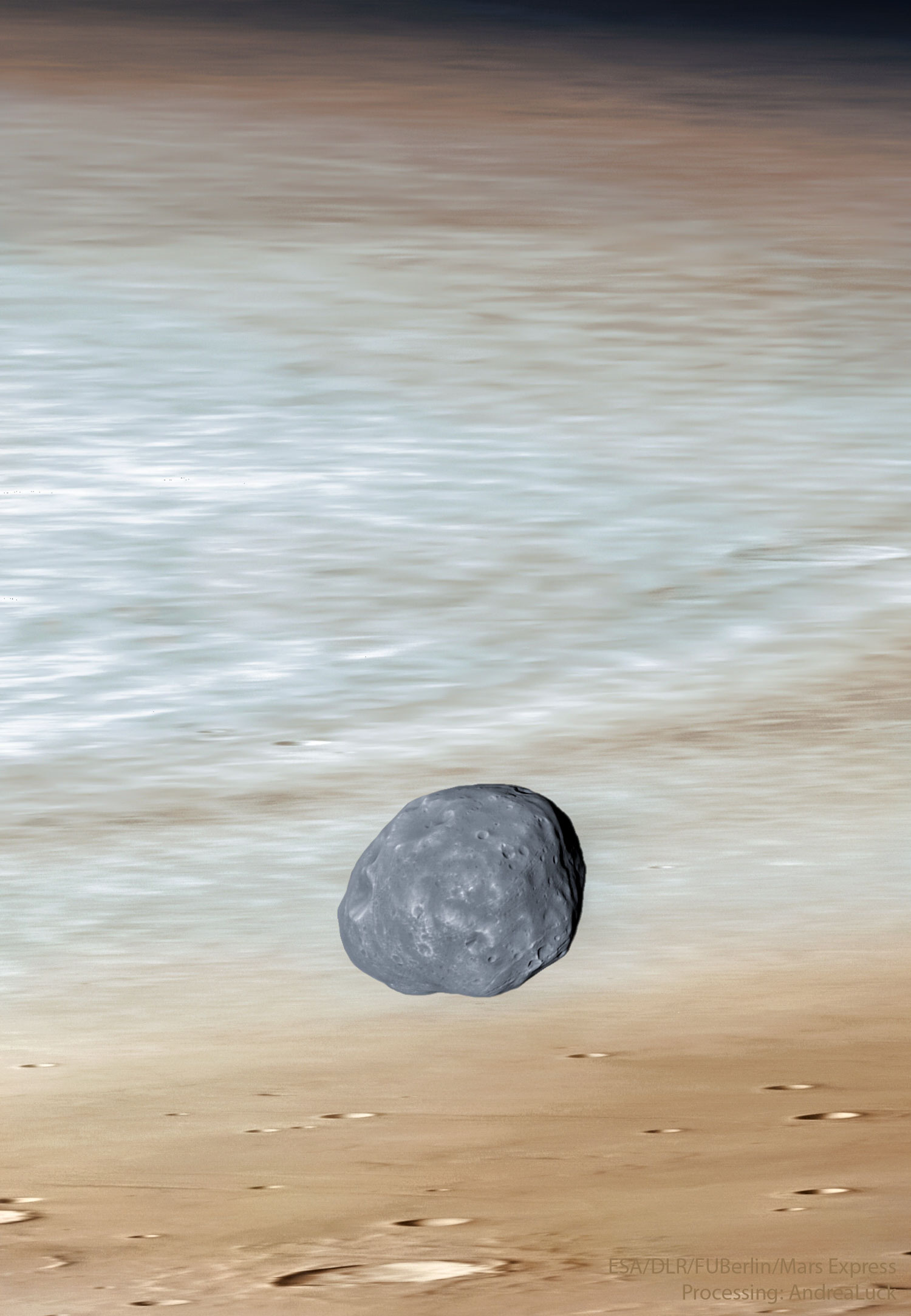this post was submitted on 01 Aug 2023
37 points (100.0% liked)
SpacePics
770 readers
1 users here now
A community dedicated to sharing high quality images of space and the cosmos
Rules:
Include some context in the title (such as the name of the astronomical object or location where it was photographed)
Only images, pictures, collages, albums, and gifs are allowed. Please link images from high quality sources ([Imgur](imgur.com), [NASA](https://apod.nasa.gov/apod/archivepix.html), [ESA](https://www.esa.int/ESA_Multimedia/Images), [Flickr](Flickr.com), [500px ](500px.com), etc.) Videos, interactive images/websites, memes, and articles are not allowed
Only submit images related to space. This may include pictures of space, artwork of space, photoshopped images of space, simulations, artist’s depictions, satellite images of Earth, or other related images
Be civil to one another
founded 1 year ago
MODERATORS
there doesn't seem to be anything here
